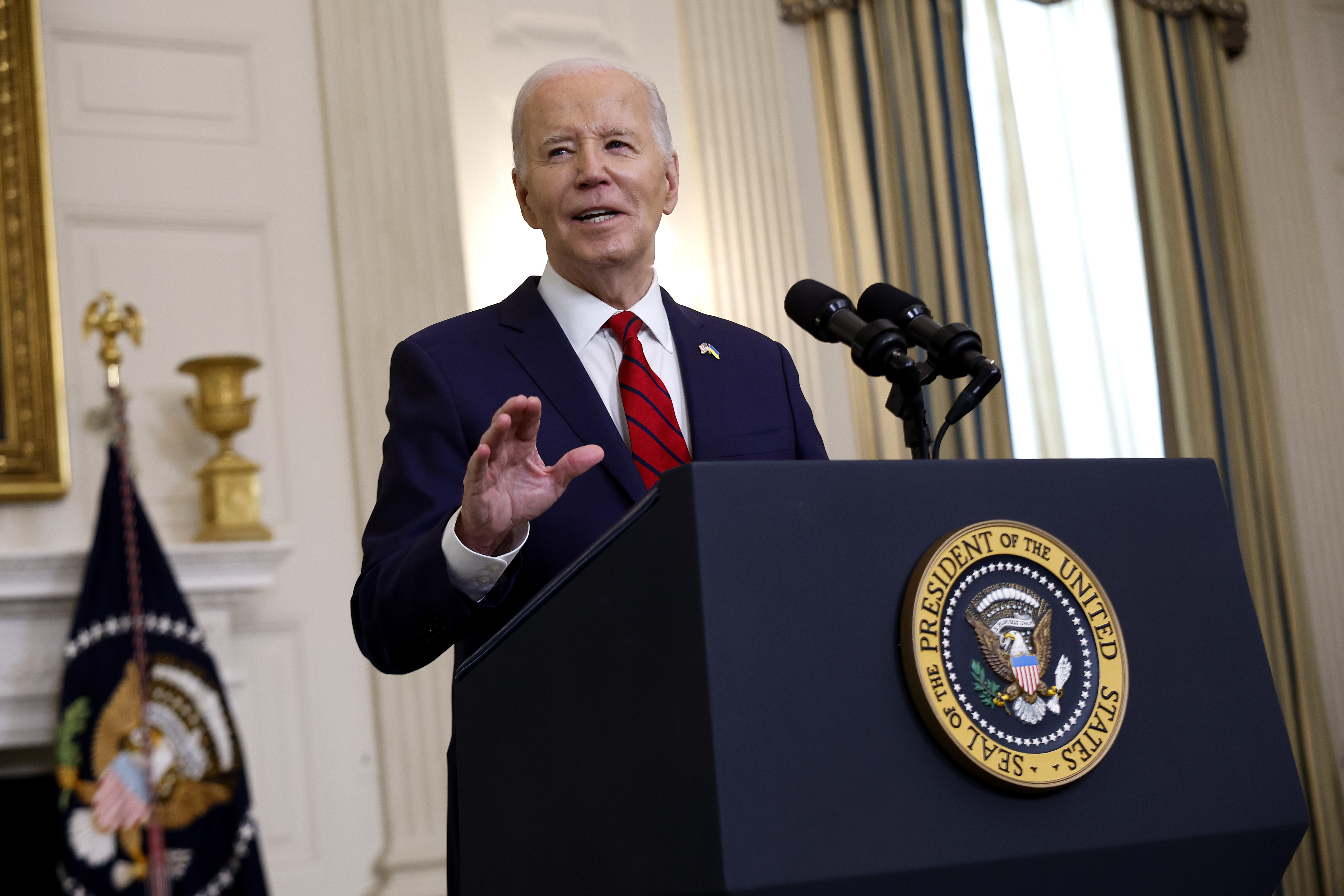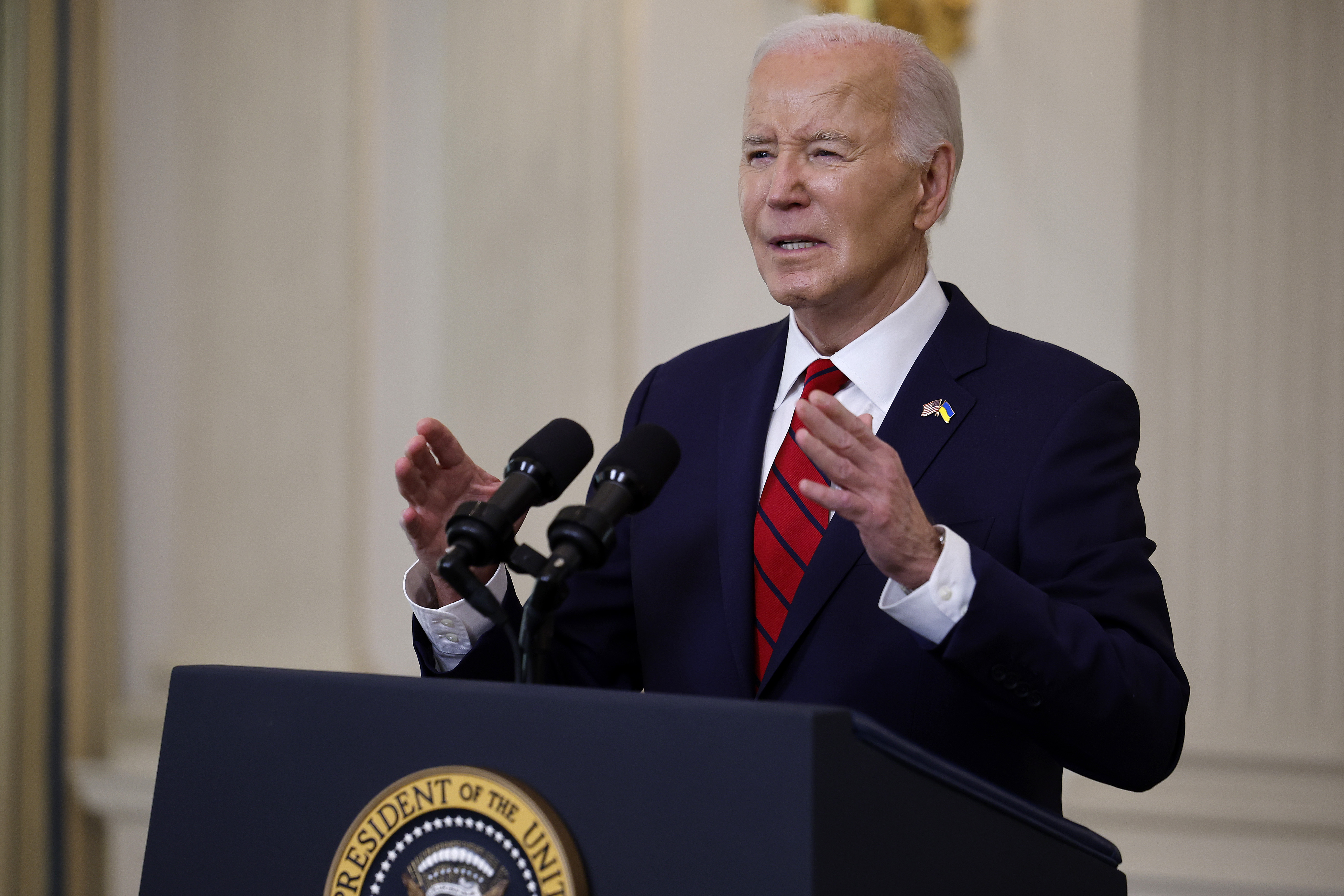Texas Gov. Rick Perry left the presidential campaign trail Monday to announce the establishment of a new cancer-fighting research center in Houston. But he kept campaigning, praising the Texas economy for fostering the creation of the center that will work to identify new cancers, develop drugs to fight them and get those drugs to people who need them more quickly.
Perry, who is seeking the Republican nomination to run against Democratic President Barack Obama, called the state economy "the envy of the nation for the past decade" and said it helped build the Institute for Applied Cancer Science at the University of Texas MD Anderson Cancer Center.
"I believe this state represents a unique crossroads, a place where academic research can come together with a vibrant private sector," he said.
MD Anderson is ranked as among the world's top cancer centers, and Perry called the establishment of the new research center a "substantial" announcement.
"There is no place in the country, and I will suggest to you no place in the world, that's a better place for you and your team than MD Anderson," Perry told the center's directors in front of several hundred school officials, physicians and researchers who crowded into an auditorium. "They live and breathe innovation."
The governor took no questions after his appearance and quickly left for an out of state campaign event.
The Institute for Applied Cancer Science will be led by Dr. Giulio Draetta, who's been chief research business development officer and deputy director at the Harvard University-based Belfer Institute for Applied Cancer Science. The Belfer Institute's former director, Dr. Ronald DePinho, took over as president at MD Anderson in September.
Politics
Politics from around the world.
DePinho said the center is needed because pharmaceutical companies have shifted their focus to late-stage development of drugs and biotech firms aren't doing as well in the poor economy.
"The world is counting on us," he said. "They're saying: `Houston, we have a problem.' And we are responding. The great state of Texas is standing up to meet this challenge and put this disease in the history books." He characterized the research as not only a new path "but a more effective expressway."
DePinho's wife, Dr. Linda Chin, who was scientific director at Belfer before joining the MD Anderson faculty, will assume a similar post at the new Houston center. She said she hopes to cut in half the traditional 10 years it takes for cancer drugs to get from the research stage to patients.
"We need to develop more drugs ... We have very aggressive time frames," she said.
DePinho said while there would be many valuable byproducts to their work, it would be nothing compared to benefits brought to patients and their families, like mothers who will be around to care for their children and children who will be able to survive and bring joy to parents.
"They're asking us to step in," he said. "And we will."



